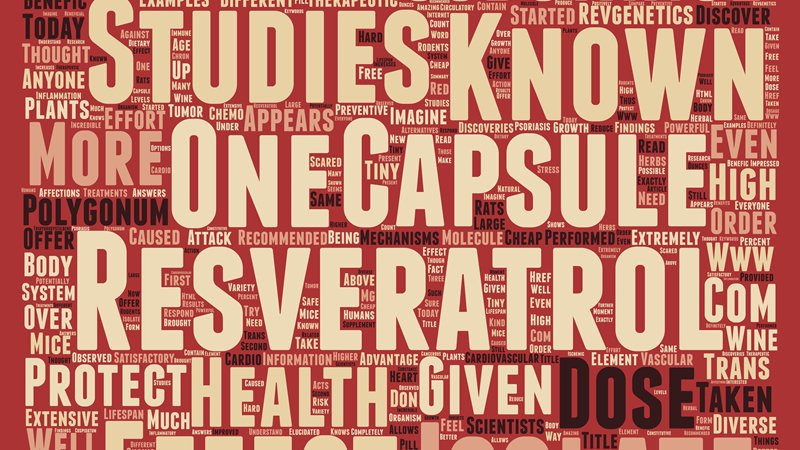
Resveratrol Study – What does it mean?
Resveratrol study shared by Tom Mower Senior, Chief Sisel International Science and CoFounder. Tom created this post on the 13th of October in MeWe. Tom is sharing information about the relationship between SIRT1 genes and the ingredient Resveratrol from a medline study.
Tom Shares:
“THIS IS A VERY SIGNIFICANT STUDY, but if you read it and try to understand it, you will end up with an ice cream headache!
Let me explain this in more understandable terms i.e. SIRT1 genes are one of the most important activators of youthful regeneration. This study shows that it also is extremely powerful in greatly reducing inflammation and Restenosis.
Restenosis is the recurrence of stenosis, a narrowing of a blood vessel, leading to restricted blood flow. This pertains to an artery or other large blood vessel that has become narrowed, received treatment to clear the blockage and subsequently become re-narrowed. This is usually restenosis of an artery, or other blood vessel, or possibly within an organ, especially the heart.
The activation of the SIRT1 gene triggers the opening of the blood vessels and neutralizing inflammation. This process can counteract and may effectively stop the damaging effects of a heart attack, if the person has a SIRT1 activation precursor in their blood system at the same time. You see the damage from almost any disease, such as with a heart attack, stroke for example, is caused by its inflammatory oxidizing effects.
All that being said, there is a natural nutraceutical ingredient found in nature that will function as a precursor support to the SIRT1 gene. That ingredient (and there are others but none so powerful) is Resveratrol. The study concludes the possibility of a “no harm no foul” type scenario in simplistic terms insinuates that a heart attack could happen but; if a
SIRT1 activator such as Resveratrol was present throughout the blood system and organs then most if not all damage from a heart attack or other organ failure could be greatly reduced and potentially eliminated from happening.
Resveratrol Study
HERE’S THE STUDY:
circ-Sirt1 controls NF-KB activation via sequence-specific interaction and enhancement of SIRT1 expression by binding to miR-132/212 in vascular smooth muscle cells. Ref
Abstract
NF-KB-mediated inflammatory phenotypic switching of vascular smooth muscle cells (VSMCs) plays a central role in atherosclerosis and neointimal formation. However, little is known about the roles of circRNAs in the regulation of NF-KB signaling. Here, we identify the involvement of circ-Sirt1 that was one of transcripts of SIRT1 host gene in VSMC inflammatory response and neointimal hyperplasia.
First, in the cytoplasm, circ-Sirt1 directly interacts with and sequesters NF-KB p65 from nuclear translocation induced by TNF-a in a sequence-dependent manner. The inhibitory complex of circ-Sirt1-NF-KB p65 is not dependent on IKBa. Second, circ-Sirt1 binds to miR-132/212 that interferes with SIRT1 mRNA, and facilitates the expression of host gene SIRT1. Increased SIRT1 results in deacetylation and inactivation of the nuclear NF-KB p65. These findings illustrate that circ-Sirt1 is a novel non-coding RNA regulator of VSMC phenotype.
The Author(s) 2019. Published by Oxford University Press on behalf of Nucleic Acids Research. PMID 30820544 [Indexed for MEDLINE] PMCID
(It is important to note we cannot make any claims about products. This is an independent study on the ingredient resveratrol, not a product. We can discuss ingredients so you can understand the science and you can do your own research on products like Eternity which contains resveratrol).
Last Updated on March 27, 2023 by Katie Sisel Distributor
